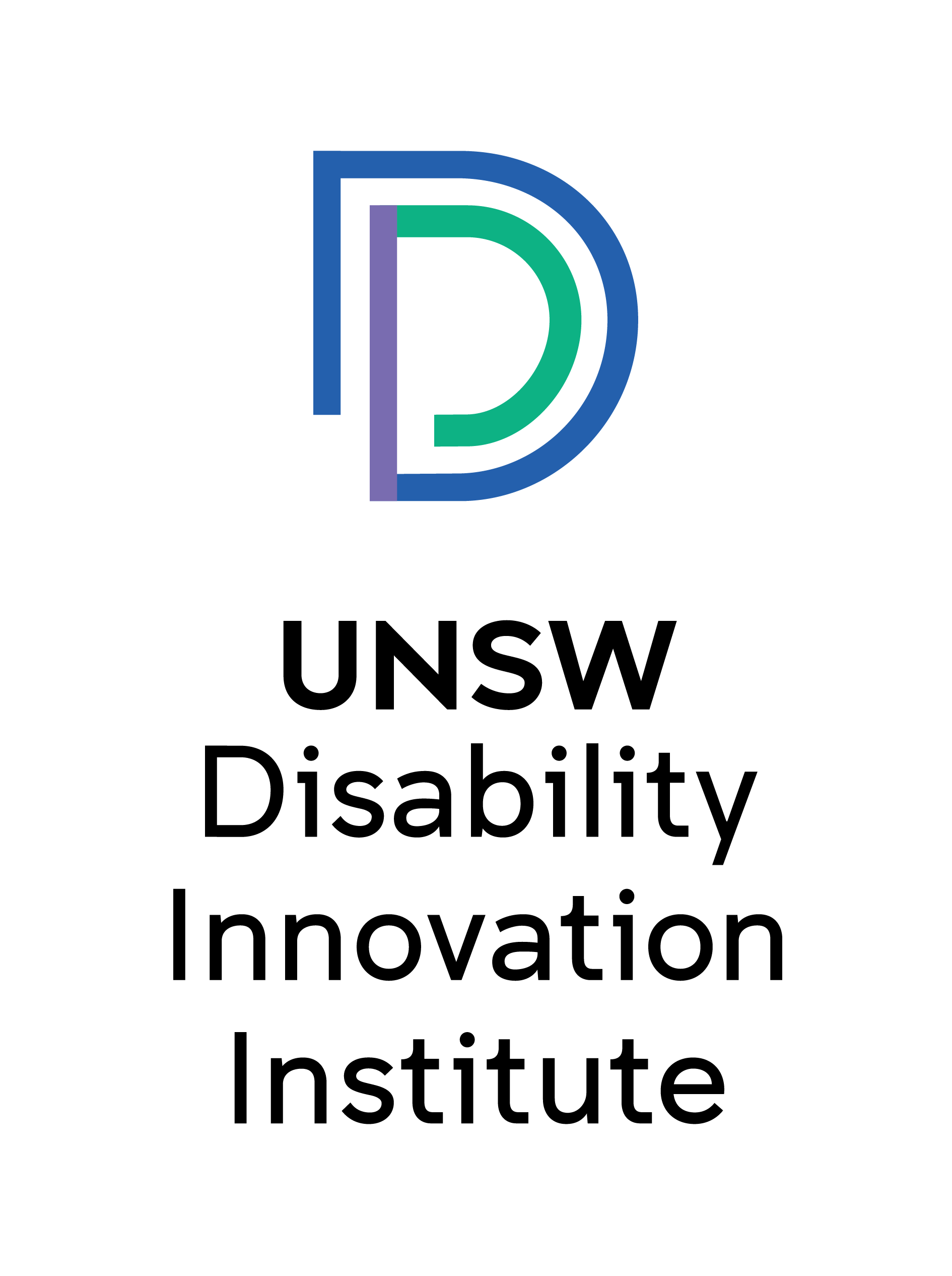Today, 13 September, has been designated the Disability Sector National Day of Solidarity for the Voice.
Why do people with disability have a special interest in this issue? One reason is that a very high proportion of Aboriginal and Torres Strait Islander people live with disability or a disabling health condition—45% by some estimates. We know that all Australians who live with disability face additional barriers to participation, in education, employment, healthcare and social life. But these barriers are compounded by the disadvantage that Indigenous communities already experience. Damian Griffis, spokesperson for the Disability Collective for Voice and CEO of First Peoples Disability Network, says, "It's difficult to think of any more disadvantaged Australians than First Nations people with disability."
To improve the lives of Aboriginal and Torres Strait Islander people with disability, it is vital that they and their communities have a say in important decisions that affect them: decisions about things like health and social care policy, housing, and provision of adequate services to remote areas.
This is why many disabled people’s organisations and disability representative organisations are supporting the Yes vote in October’s referendum. UNSW itself has actively supported the process of the Voice from the outset in a variety of ways, including through the Indigenous Law Centre at UNSW and the Uluru Dialogues. Now the UNSW Disability Innovation Institute joins with DPOs and with UNSW colleagues to stand in solidarity with Aboriginal and Torres Strait Islanders with disability in support of the Voice.


